Regional leaders send messages from UNESCO summit
The UNESCO meeting of the heads of state of southeastern Europe adopted a joint declaration on Friday at Viminacium.
Friday, 02.09.2011.
09:15

The UNESCO meeting of the heads of state of southeastern Europe adopted a joint declaration on Friday at Viminacium. The document pledges commitment to the reconciliation process and building a peaceful and prosperous European future. Regional leaders send messages from UNESCO summit Addressing the summit, Serbian President Boris Tadic stressed the importance of arts and culture in the process of reconciliation and preservation of national identities of the countries in the region. The president devoted much of his speech to Kosovo, and said it was necessary for the monasteries of Visoki (High) Decani, Gracanica, Bogorodica Ljeviska, to continue to be registered as Serb cultural heritage in UNESCO's documents. He also told his regional counterparts that the perspective of EU membership was a very important impetus in the reconciliation process. Tadic presented the problems he faces and said he would be personally engaged in order for the medieval Orthodox monasteries in Kosovo to "remain Serb". "These holy places represent the very essence of the Serb identity. Unfortunately, they are physically endangered by extremists - some 150 churches and monsteries have been destroyed since 1999, of that number, 35 during the (anti-Serb) pogrom of March 2004," he stated, and added that there were attempts by the the Kosovo Albanian authorities to "replace" the Serb identity of the holy places with a "Kosovar" identity. Albanian President Bamir Topi backed at the UNESCO summit on Friday the participation of Kosovo in gatherings such as the UNESCO summit on Friday. “Politicians should make an effort and let Kosovo authorities’ voice be heard as well in order to improve the dialogue,” Topi stressed. Bosnia-Herzegovina Presidency Bosniak member Bakir Izetbegovic said that Bosnia-Herzegovina was unique in many ways, mainly because of its multiculturalism, adding that his country had been through a difficult period of war and destruction that had not spared many cultural monuments. He praised the cooperation of the countries of the former Yugoslavia on a joint initiative to include medieval tombstones in UNESCO’s cultural heritage list. Izetbegovic called on the participants of the summit to support an initiative to hold the next UNESCO regional summit in Bosnia-Herzegovina’s city of Mostar. Bulgarian President Georgi Parvanov said that meetings such as this one represented a proof that reconciliation in the region was not just a phrase but a true process, and pointed out that all capacities should be used to build new cultural corridors. Parvanov stressed that regional inheritance dated from different epochs and had many layers. He added that mutual efforts should be put in order for that legacy to become a part of European inheritance. “Cultural processes are an encouragement for dialogue and reconciliation, but also for improvement of business,” the Bulgarian president underlined. UNESCO Director-General Irina Bokova said at Viminacium that meetings like this confirmed that the leaders of the region were dedicated to making culture the centre of the reconciliation and development process, adding that culture could stimulate dialogue, help overcome differences and help in consolidation and tolerance development. According to her, such summits point to a need to promote cultural diversity and common heritage. “UNESCO’s mission is to bridge a gap between artists and people who make decisions, such as heads of state,” Bokova stressed. Boris Tadic opened the ninth UNESCO summit South-East European heads of state dubbed "Contemporary Art and Reconciliation in Southeast Europe" on Friday morning. Croatian President Ivo Josipovic, Montenegrin President Filip Vujanovic, Macedonian President Gjorge Ivanov are also attending the meeting. Aside from the UNESCO director-general, European Education, Culture, Multilingualism and Youth Commissioner Androulla Vassiliou and Council of Europe Director General of Education, Culture and Heritage, Youth and Sport Gabriella Battaini-Dragoni and Greece's Culture and Tourism Minister Pavlos Geroulanos are also taking part in the summit. (Tanjug)
Regional leaders send messages from UNESCO summit
Addressing the summit, Serbian President Boris Tadić stressed the importance of arts and culture in the process of reconciliation and preservation of national identities of the countries in the region.The president devoted much of his speech to Kosovo, and said it was necessary for the monasteries of Visoki (High) Dečani, Gračanica, Bogorodica Ljeviška, to continue to be registered as Serb cultural heritage in UNESCO's documents.
He also told his regional counterparts that the perspective of EU membership was a very important impetus in the reconciliation process.
Tadić presented the problems he faces and said he would be personally engaged in order for the medieval Orthodox monasteries in Kosovo to "remain Serb".
"These holy places represent the very essence of the Serb identity. Unfortunately, they are physically endangered by extremists - some 150 churches and monsteries have been destroyed since 1999, of that number, 35 during the (anti-Serb) pogrom of March 2004," he stated, and added that there were attempts by the the Kosovo Albanian authorities to "replace" the Serb identity of the holy places with a "Kosovar" identity.
Albanian President Bamir Topi backed at the UNESCO summit on Friday the participation of Kosovo in gatherings such as the UNESCO summit on Friday.
“Politicians should make an effort and let Kosovo authorities’ voice be heard as well in order to improve the dialogue,” Topi stressed.
Bosnia-Herzegovina Presidency Bosniak member Bakir Izetbegović said that Bosnia-Herzegovina was unique in many ways, mainly because of its multiculturalism, adding that his country had been through a difficult period of war and destruction that had not spared many cultural monuments.
He praised the cooperation of the countries of the former Yugoslavia on a joint initiative to include medieval tombstones in UNESCO’s cultural heritage list.
Izetbegović called on the participants of the summit to support an initiative to hold the next UNESCO regional summit in Bosnia-Herzegovina’s city of Mostar.
Bulgarian President Georgi Parvanov said that meetings such as this one represented a proof that reconciliation in the region was not just a phrase but a true process, and pointed out that all capacities should be used to build new cultural corridors.
Parvanov stressed that regional inheritance dated from different epochs and had many layers. He added that mutual efforts should be put in order for that legacy to become a part of European inheritance.
“Cultural processes are an encouragement for dialogue and reconciliation, but also for improvement of business,” the Bulgarian president underlined.
UNESCO Director-General Irina Bokova said at Viminacium that meetings like this confirmed that the leaders of the region were dedicated to making culture the centre of the reconciliation and development process, adding that culture could stimulate dialogue, help overcome differences and help in consolidation and tolerance development.
According to her, such summits point to a need to promote cultural diversity and common heritage.
“UNESCO’s mission is to bridge a gap between artists and people who make decisions, such as heads of state,” Bokova stressed.
Boris Tadić opened the ninth UNESCO summit South-East European heads of state dubbed "Contemporary Art and Reconciliation in Southeast Europe" on Friday morning.
Croatian President Ivo Josipović, Montenegrin President Filip Vujanović, Macedonian President Gjorge Ivanov are also attending the meeting.
Aside from the UNESCO director-general, European Education, Culture, Multilingualism and Youth Commissioner Androulla Vassiliou and Council of Europe Director General of Education, Culture and Heritage, Youth and Sport Gabriella Battaini-Dragoni and Greece's Culture and Tourism Minister Pavlos Geroulanos are also taking part in the summit.













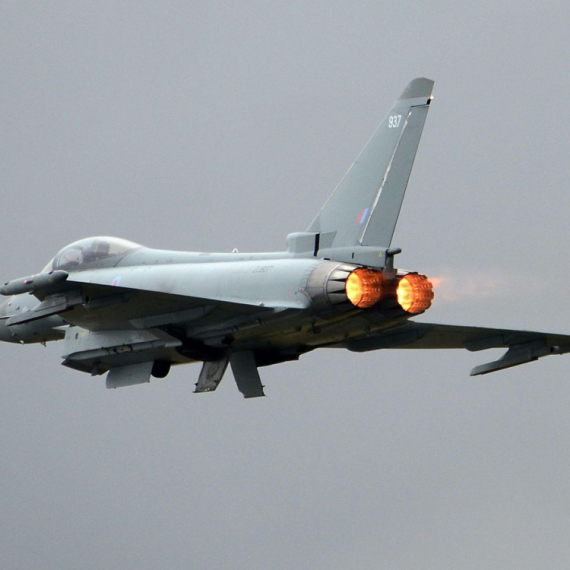
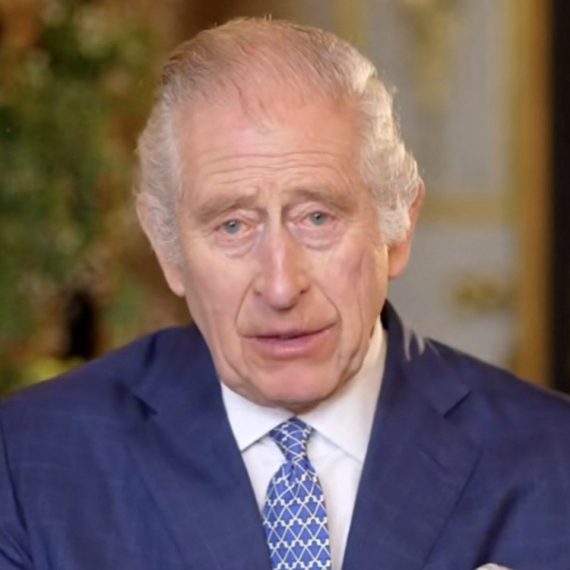
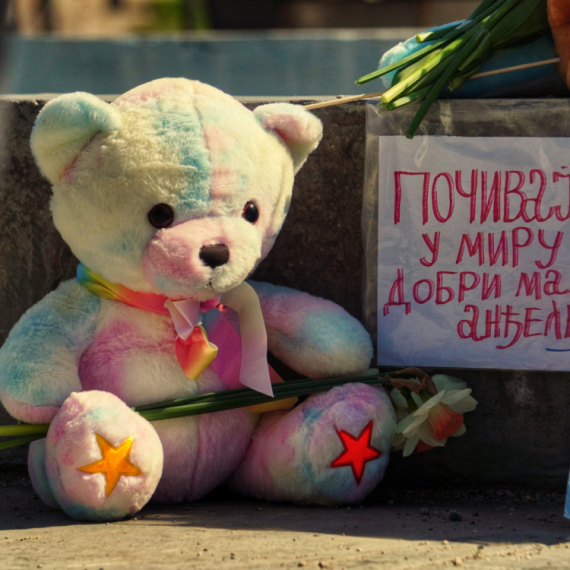
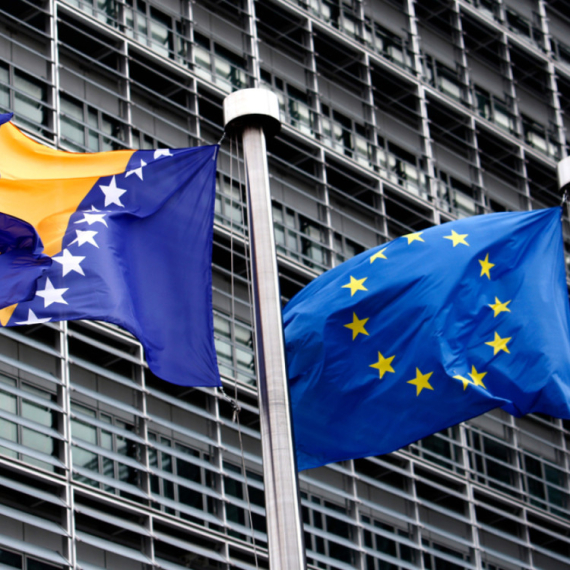

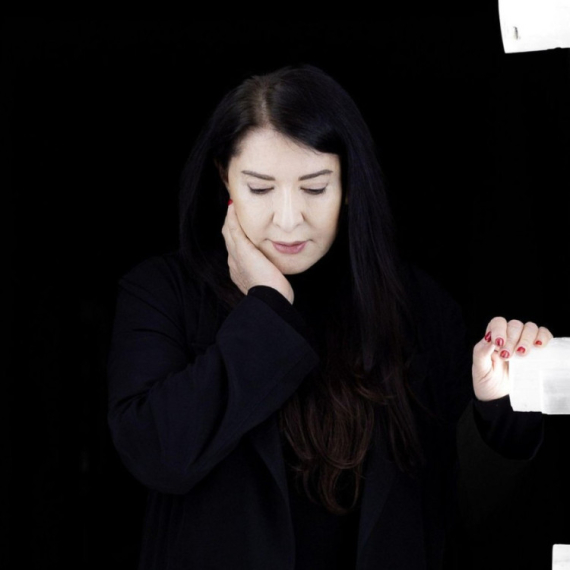
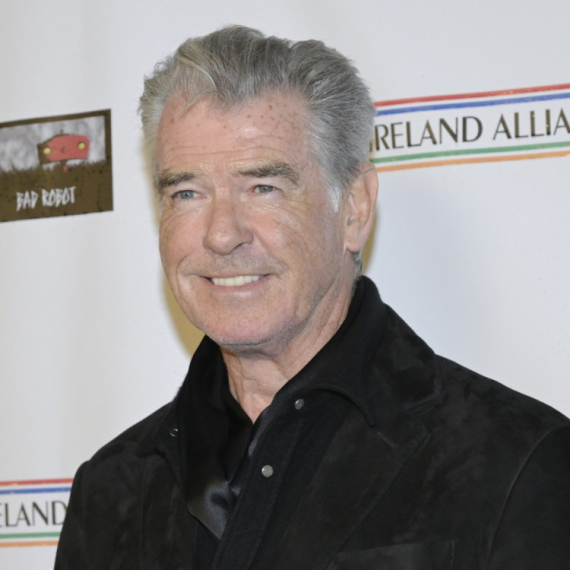

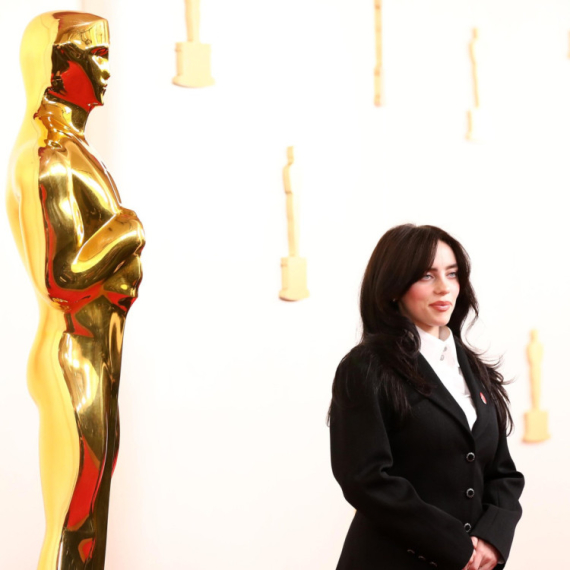





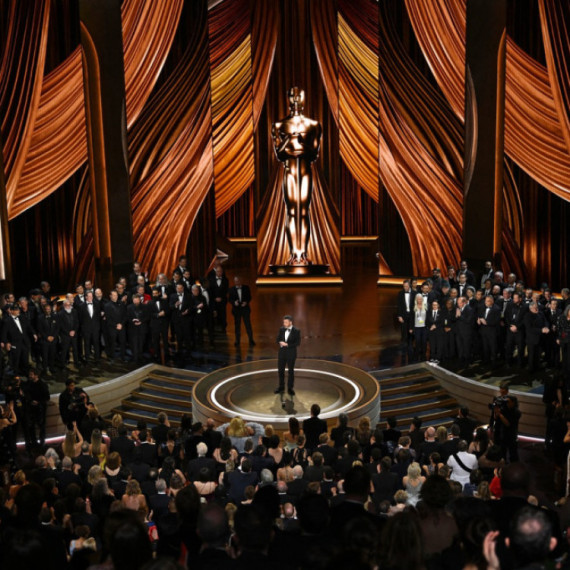









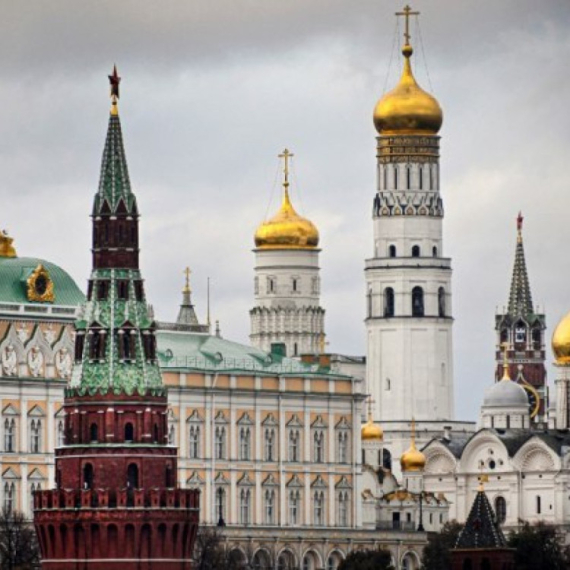
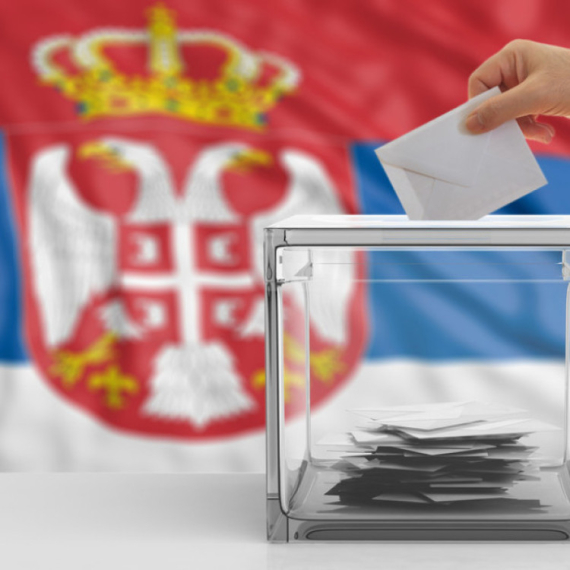
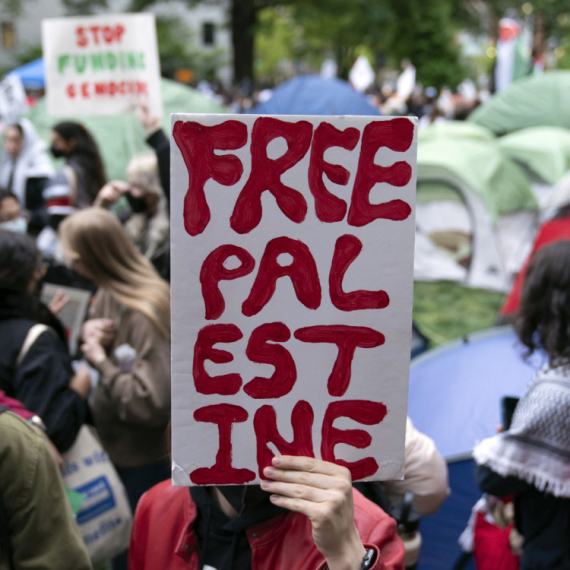







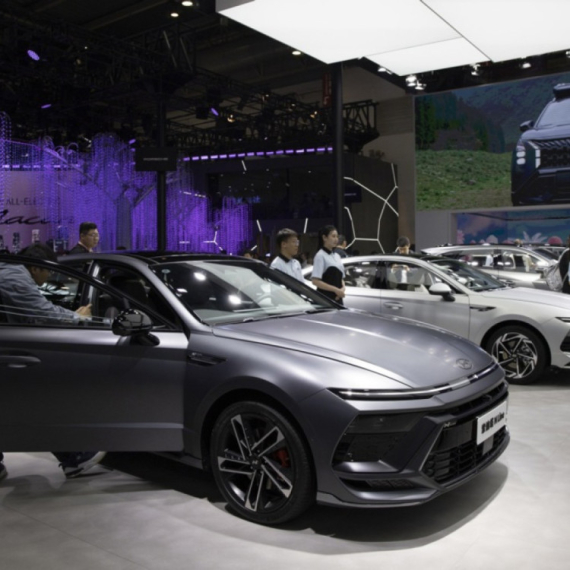




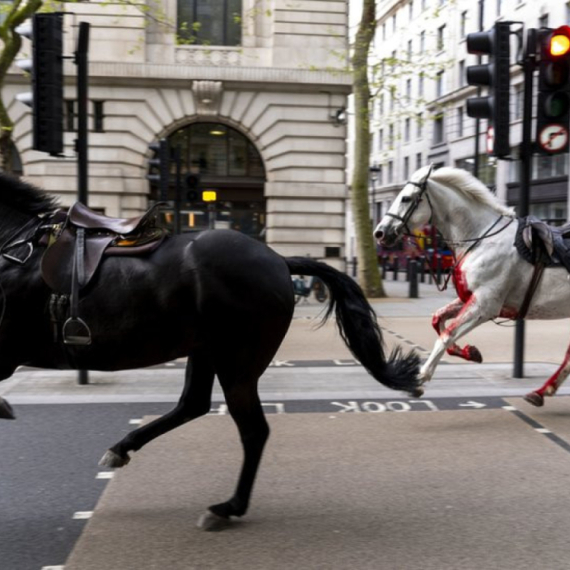
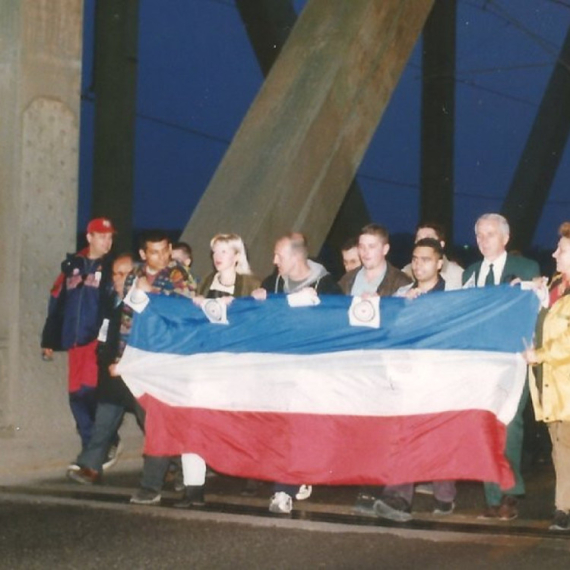
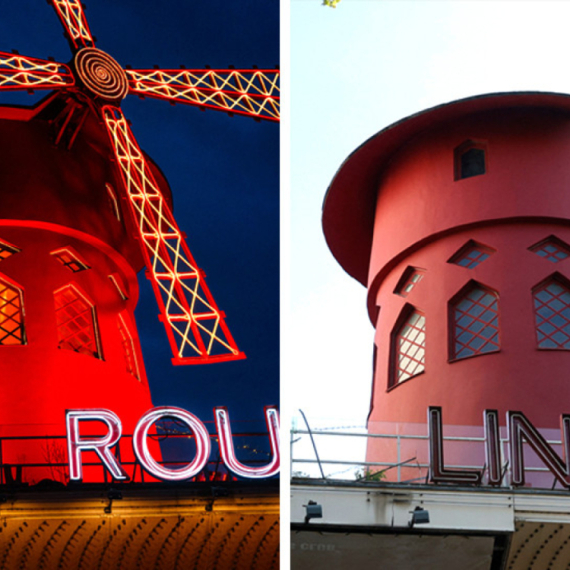



Komentari 10
Pogledaj komentare